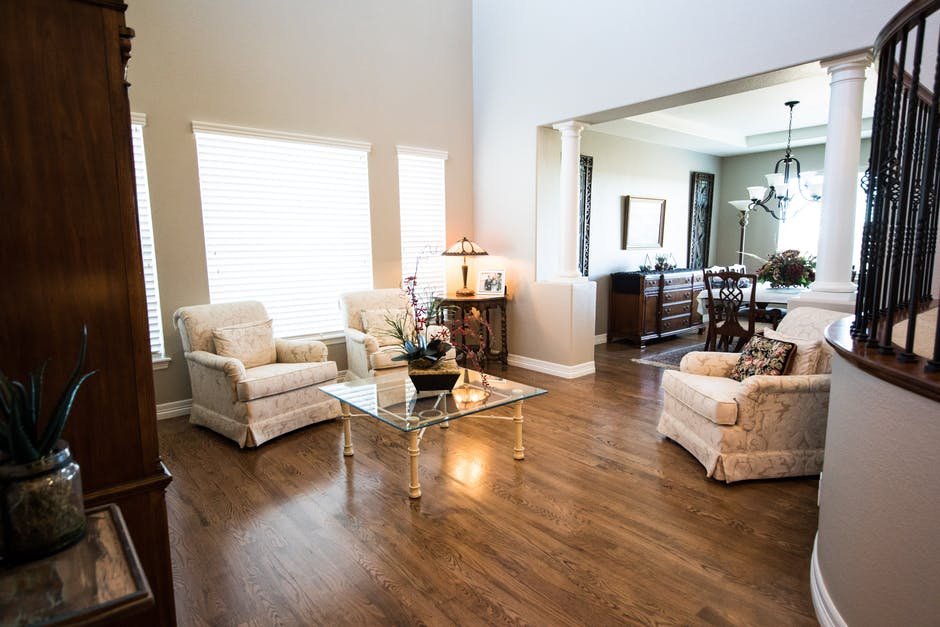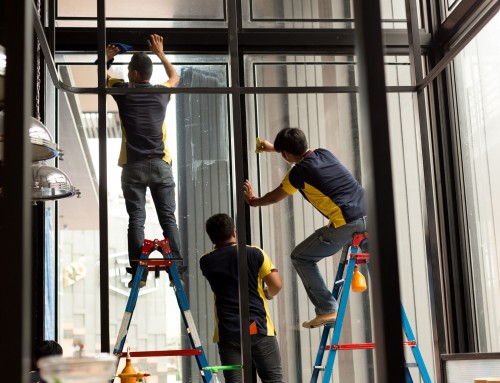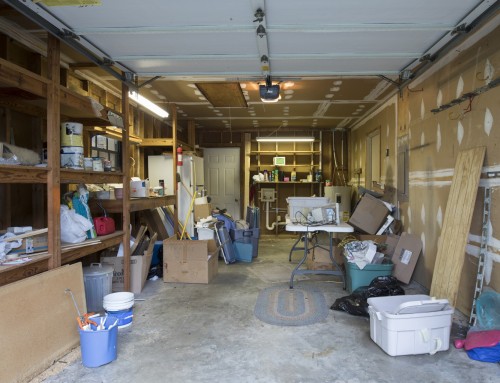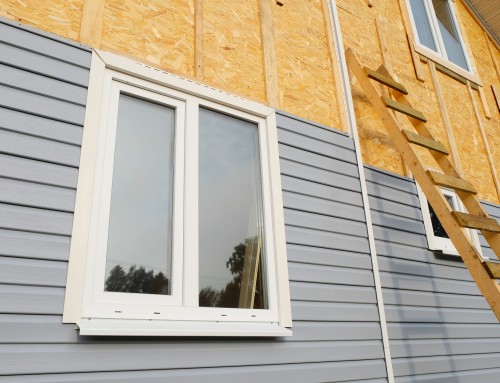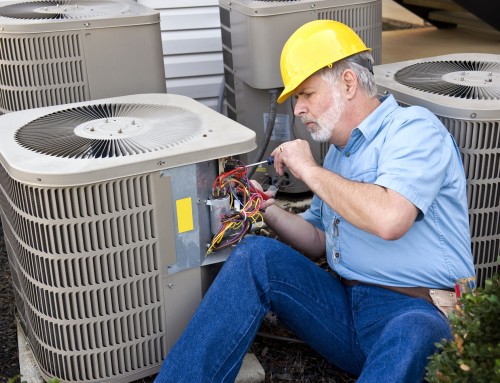According to recent statistics, 5.34 million homes were sold last year.
Although the trend in the number of house units sold keeps fluctuating, it’s quite safe to say the real estate market is ever alive.
Whether there’s a sharp rise or deep drop in prices, there will always be buyers house-hunting.
However, to get the best bang for your back, you need to be laser-focused you make an offer on a home.
Besides, you’ll be spending most of your life in your home. So, it makes sense you take your time to get it right.
For this reason, there are crucial things to look for when viewing property:
1. Location
The property you’re planning to buy to should be in close proximity to basic social amenities. This includes shopping malls, hospitals, and schools.
Moreover, you shouldn’t have to commute for long hours from your home to the workplace. So, ensure the property is not far away from your workplace.
Besides proximity, the surrounding neighborhood is also an aspect of property location. Ideally, the neighborhood should be safe and clean.
Getting to know the neighborhood will take quite some time. This is why it’s recommended you visit the neighborhood for several weekends before offering to buy the property. Remember to visit at different times of the day to get the full experience of what it’s like. It could be peaceful during the day but noisy during the night.
2. Roof
The roof of a home is probably one of the most overlooked aspects when buying a home. After all, most sellers have the roof painted making it hard for unsuspecting buyers to notice any damages.
Replacing even a few aging shingles can turn out to be an expensive affair. Therefore, you want to ensure that there are no damages to the roof.
A few things to look for in a roof include; loose, curled or missing shingles. Also, if the key-ways on the roof look widely apart, it means the roof is quite old. An old roof is a sign of a damaged roof.
On the same note, you should also inquire about the material of the roof. Some roofing materials such as wood shingles are more costly compared to asphalt shingles. Affordable roofing makes it easy for you to repair in case of any damages in the future.
3. Plumbing
Few things are worse for a home than leaky faucets. Leaking pipes can destroy the walls, floors and even the foundation leading to expensive renovation costs.
Keep your eyes peeled for discolored rings on the ceiling and other surfaces for an indication of faulty plumbing.
In addition, the water pressure from the shower and other faucets should be acceptable. Low-pressure water can cause plumbing headaches down the line.
Make sure the toilets are flushing properly. You can also smell the water to ensure it’s clean and safe.
4. The Condition of The Basement
The condition of a home’s basement can be an indicator of several things. For instance, if there’s water penetration or flooding, it can be a sign of a poor graded foundation.
If the place is propped up with belongings ask them to be moved before the second viewing. Packed up belongings in the basement are often used to conceal cracks and peeling on the wall.
You can bring a licensed home inspector with you in your subsequent viewing. The inspector will be able to identify serious structural problems. Not all cracks should raise red flags.
Don’t forget to examine the attic too. Look out for molds and generally whether it’s clean.
5. Health Hazards
In most cases, a home inspector may not help you point out health hazards in a home. Their work is to check for structural problems. So, it’s up to you to check for areas that may pose danger to your health.
For instance, you should be wary of lead-based paint which is harmful to the brain. You can buy a cheap test kit at local hardware to test the paint used in the home.
Other health hazards include asbestos and molds on the wall. Although they’re not deal breakers, health hazards allow you to negotiate with the seller to fix the issue.
6. Clean Insurance History
If a home has too many insurance claims, it can be detrimental to your future budget. Insurance claims affect your homeowner’s insurance rates.
A real estate agent can help you find the insurance history of a home by requesting a report from the seller.
7. Electrical Service
Rewiring faulty electrical connections can be expensive, in addition to the danger of electrocution. So, be sure to check for any dodgy wiring and other faulty connections.
Also, check to see if there are enough power points, otherwise you may have to incur the cost of putting up more.
If you’re financing your home, some lenders require that the electrical service of a home should be 100 AMPs. Any amperage less than that can result in the lender failing to approve your loan.
8. Reasonable Renovations
Often, we buy any house that shows no sign of damages or need for repairs. But, there rarely lack a few dents that may demand renovation work. This means that incurring a few repair costs may not be a bad idea if the house you’re viewing has pleased you.
But before making an offer, be sure to get a detailed estimate on renovations. This ensures that you don’t end up paying a lot more than you thought.
9. Curb Appeal
Depending on your lifestyle, you should buy a home that’s appealing to you. This may sound pretty obvious but the aesthetics of your home says a lot more about you.
A home with wood siding is elegant but you have to deal with the high maintenance cost of wood siding.
Apart from the home, the patios, sidewalks and the landscape, in general, should be appealing. If you love a backyard lawn, go for a home with exactly what you need.
Viewing Property Made Easier
When looking for property to buy, you want to get the best value for your money. Knowing what to look for when viewing property is the first step towards getting the best bargain. So, be sure to use the list above on things to check when buying a property.
Follow our blog for more!

